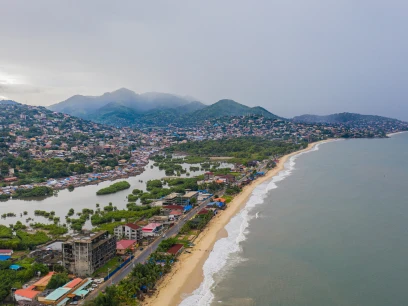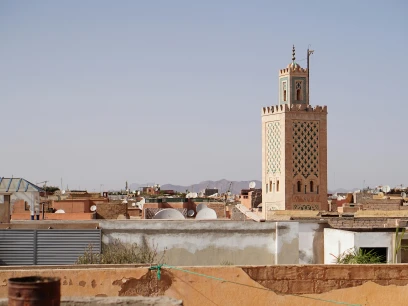African Cities Program
By joining the African Cities Program, a city benefits from comprehensive and long-term support by the AfDB Urban and Municipal Development Fund in the areas of planning, governance and capacity development, all with a view to prepare concrete investments for resilient infrastructure and essential services.
The process starts with the elaboration of a City Action Plan in order to assess the city’s current development status, analyse the key challenges including climate risk vulnerabilities, identify and prioritise of 3 to 5 key projects, together with an actionable plan for their implementation. Next, at least one of those projects is supported towards investment readiness on to the African Development Bank or to other prospective financing partners.
The Cities Program started in 2020, and grew to 19 cities presently (2024). We support cities of all sizes, capitals to intermediary cities. We aim to work with at least 40 cities by 2027.
Latest news


Participating in the African Cities Program
(in Oct 2024)
Start the journey
National Government Initiative
National government ministry expresses its request for support for a city or a group of cities to the AfDB (with the confirmation from the relevant city government(s)).
City initiative
A city government expresses its interest to our Secretariat (with endorsement of a relevant national government ministry).
Project-linked Initiative
The support to a city is agreed and made part of an AfDB lending project (ongoing or planned) in the corresponding country.
Criteria
Confirmation of the actual challenges and support needs of the city.
Clear commitment by relevant government entity/entities to own and contribute to the requested support activities.
Ability of the support activities of the AfDB’s Cities Program to address the city’s challenges and needs.
Alignment of the city’s requested support with AfDB strategy and operations within the country (AfDB Country Strategy Papers, Regional Integration Strategy Papers, and SUDAP).
Fiscal ability and financial stability of the government to make use of future lending and investment into city-related actions.
Allocation of AfDB Cities Program support resources towards a variety of different city types and sizes across all AfDB sub-regions.

